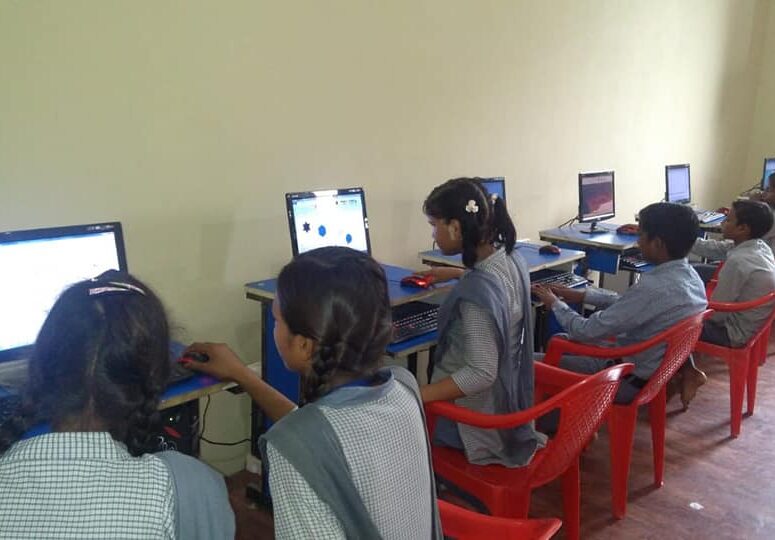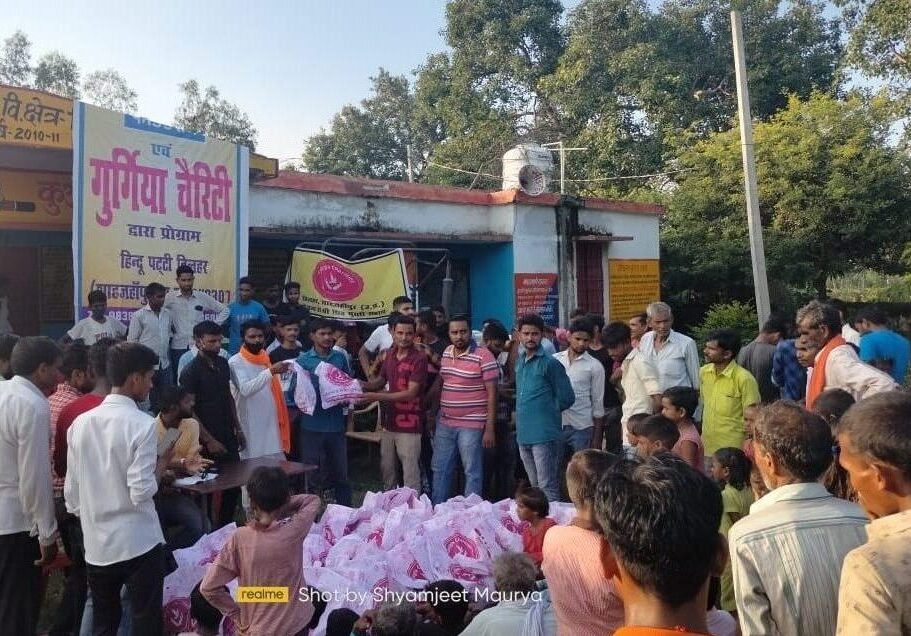ABOUT
US
Who we are
Gurgia Charities is a non political, non discriminatory, secular and humanitarian organization.
Gurgia Charities was founded in FEB 2003 and has since been devoted to creating economic self-reliance amongst the underprivileged and rural poor of India. With 70% of the country’s population still living in the vast rural landscape, it is easy to underestimate the staggering number of people dwelling in absolute poverty.
We encourage and facilitate the skilling of the rural masses and help skillful workers of the hinterlands get fair remuneration for their work. It is our belief that the solution to poverty alleviation resides in revitalizing village communities to rely on none but themselves for their livelihood.
The village of Tilhar and its surrounding areas in Uttar Pradesh have been a major point of concentration for us in the recent past. The village’s masterful artisans are known for their elegant embroidery and fine needlework. These craftsmen are particularly adept at the ‘Ari’ and ‘Zari’ form of embroidery and using the ‘Muthia’ crochet needle.
Gurgia Charities is actively involved in introducing artisans to exporters – bringing down production costs and ensuring better pay for the workers. We have also set up a skill upgradation and quality control center at Talalabad.
Our approach
Our Mission
1) Gurgia Charities mission is to empower marginalised communities through education, livelihood support, skill development, and sustainable agriculture.
2) Bridge the educational gap and uplift economic status, providing equal opportunities for growth and development.
3) Create an inclusive society with quality education, economic opportunities, and a sustainable future.
4) Foster a sense of belonging and empowerment by promoting cultural pride and legacy. – Raise awareness about environmental issues, social cohesion, and empathetic governance.
Our Vision
1) Gurgia Charities vision is to empower rural and semi-urban communities by harnessing their skills, resources, and potential.
2) Encourage sustainable agricultural practices and promote biodiversity conservation.
3) Provide environmental education for a harmonious relationship between communities and nature.
4) Enhance livelihood opportunities, reduce poverty, and improve basic services like healthcare and sanitation.
5) Envision a prosperous, progressive, and dignified future for these communities by addressing environmental, social, and governance issues.




